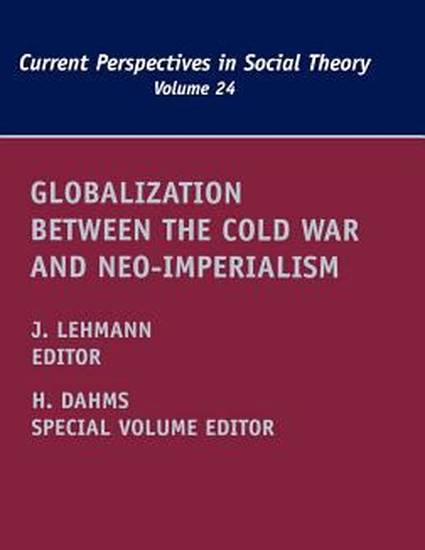
Contribution to Book
From Exceptionalism to Imperialism: Culture, Character, and American Foreign Policy
Globalization between the Cold War and Neo-Imperialism
(2006)
Abstract
Arthur Schlessinger (1983) suggested that the contradictions and paradoxes of American foreign policy reflected contradictions and paradoxes in the underlying character of the people. We would go further to suggest that the early years of colonial life, much like the early years of a person's life, had major consequences ever since. The intersection of Puritanism, available land, and eventually the rise of a commercial culture would forge a unique trajectory of what would be called “American Exceptionalism”, reflecting an “American character”, which itself is subject to three paradoxes or polarities, individualism vs. community, toughness vs. compassion, and moralism vs. pragmatism. The effect of this legacy and the dialectical aspect of American character were first evident when Winthrop proclaimed the city on the hill as the new Jerusalem. The legacy of that vision is taking place today in Iraq.
Keywords
- Amerian polictics and culture,
- American presidents,
- American foreign policy
Disciplines
Publication Date
2006
Editor
Lehmann, Jennifer M. and Dahms, Harry F.
Publisher
Emerald Publishing
Series
Current Perspectives in Social Theory
ISBN
978-0-76231-314-3
Publisher Statement
Current Perspectives in Social Theory is published by Emerald Publishing. For more information on this journal please visit Emerald Publishing online.
Citation Information
Meghan A. Burke and Laura Langman. "From Exceptionalism to Imperialism: Culture, Character, and American Foreign Policy" Globalization between the Cold War and Neo-Imperialism Vol. 24 (2006) p. 189 - 228 Available at: http://works.bepress.com/meghan_burke/6/
